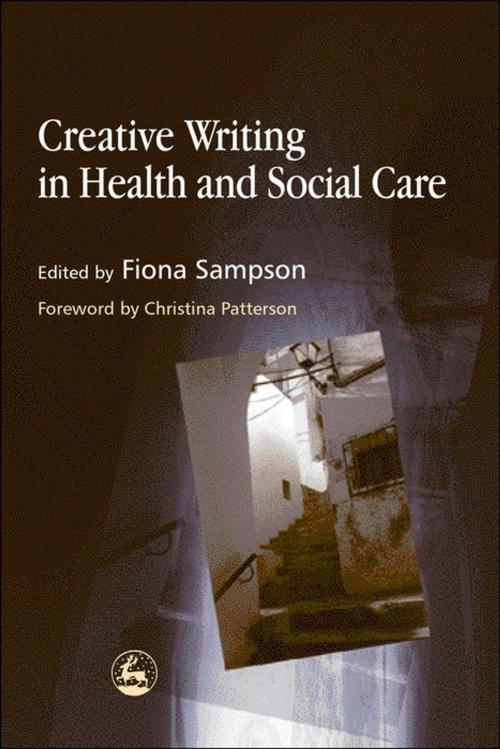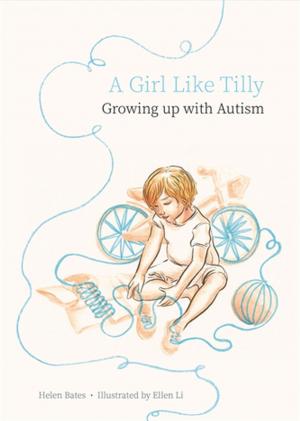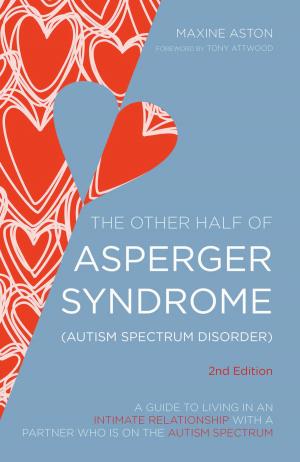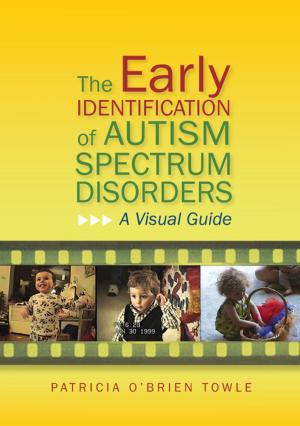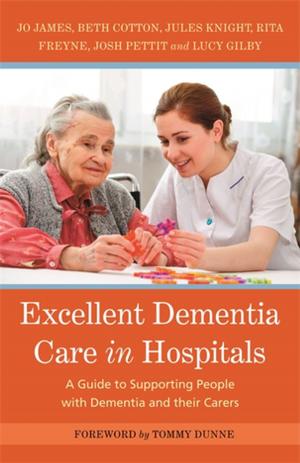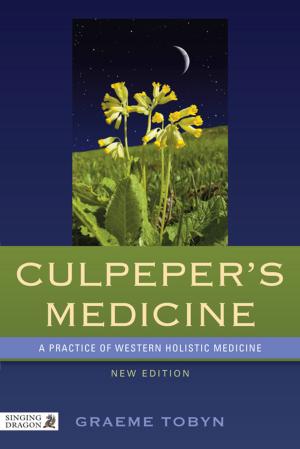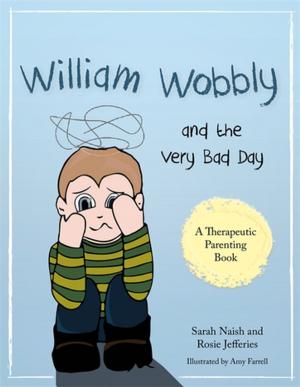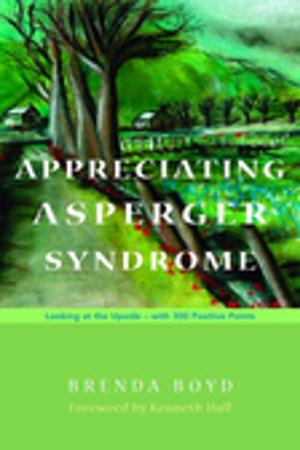Creative Writing in Health and Social Care
Nonfiction, Reference & Language, Language Arts, Writing & Publishing, Composition & Creative Writing, Health & Well Being, Medical| Author: | Fiona Sampson | ISBN: | 9781846420597 |
| Publisher: | Jessica Kingsley Publishers | Publication: | March 15, 2004 |
| Imprint: | Jessica Kingsley Publishers | Language: | English |
| Author: | Fiona Sampson |
| ISBN: | 9781846420597 |
| Publisher: | Jessica Kingsley Publishers |
| Publication: | March 15, 2004 |
| Imprint: | Jessica Kingsley Publishers |
| Language: | English |
This book is really a must-have for therapists and others in the creative arts, so that you can see how the workings of the human mind can be displayed through the arts. Even with serious illness, the mind can talk. And that is the point of the book'.
- Metapsychology Online Book Reviews
'The references cited at the end of each chapter are instructive and useful with some contributors drawing on memoirs and creative work and others on textbooks and papers. As Fiona points out in her introduction, those with an interest in the field - which includes clinicians, patients, arts managers, psychotherapists, writers, occupational therapists, teachers - I am sure you can add to the list - inevitably speak different languages, reflecting their different priorities. I agree with her argument that this contributes to a healthy diversity of practice that may offer "something for everyone" and we should resist narrow definitions. The challenge for those of us in the field is to locate ourselves on this strange and exciting map and to chart our own experiences in whatever languages are appropriate. Conferences, such as Strange Baggage and the increasingly popular Lapidus annual event provide an excellent opportunity to journey beyond our usual borders to exchange travellers' tales with our colleagues'.
- Lapidus
'An incisive collection of essays and case studies, where theory is applied to practical goals: working out methods for how to help and understand those with problems threatening their sanity or stability. Creative expression can contribute to personal and community health.'
- Writing in Education
'Creative Writing in Health and Social Care is full of experience of working with patients with dementia, hospital, hospice and occupational therapy patients, and those in primary care. This is innovative work - deeply helpful to the patients, illuminatively described.'
- The British Journal of General Practice
This unique and comprehensive 'map' of the topic of creative writing in health and social care brings together contributions from health and social care professionals and provides the information needed to teach, counsel and write. Principally exploring poetry and story writing and telling, case studies range from work with pre-literate children in post-war Macedonia to people with dementia in Britain. Complementing these insights, theory-based contributions provide context, comparing different arts therapies using psychoanalytic and phenomenological theories of art and ideas, assessing the value of creative writing in a health care setting, examining methods of training therapists and looking at the aims of creative writing in terms of self development. This holistic approach ensures that Creative Writing in Health and Social Care is an essential guide for health care professionals and others seeking to use creative writing in therapeutic settings.
This book is really a must-have for therapists and others in the creative arts, so that you can see how the workings of the human mind can be displayed through the arts. Even with serious illness, the mind can talk. And that is the point of the book'.
- Metapsychology Online Book Reviews
'The references cited at the end of each chapter are instructive and useful with some contributors drawing on memoirs and creative work and others on textbooks and papers. As Fiona points out in her introduction, those with an interest in the field - which includes clinicians, patients, arts managers, psychotherapists, writers, occupational therapists, teachers - I am sure you can add to the list - inevitably speak different languages, reflecting their different priorities. I agree with her argument that this contributes to a healthy diversity of practice that may offer "something for everyone" and we should resist narrow definitions. The challenge for those of us in the field is to locate ourselves on this strange and exciting map and to chart our own experiences in whatever languages are appropriate. Conferences, such as Strange Baggage and the increasingly popular Lapidus annual event provide an excellent opportunity to journey beyond our usual borders to exchange travellers' tales with our colleagues'.
- Lapidus
'An incisive collection of essays and case studies, where theory is applied to practical goals: working out methods for how to help and understand those with problems threatening their sanity or stability. Creative expression can contribute to personal and community health.'
- Writing in Education
'Creative Writing in Health and Social Care is full of experience of working with patients with dementia, hospital, hospice and occupational therapy patients, and those in primary care. This is innovative work - deeply helpful to the patients, illuminatively described.'
- The British Journal of General Practice
This unique and comprehensive 'map' of the topic of creative writing in health and social care brings together contributions from health and social care professionals and provides the information needed to teach, counsel and write. Principally exploring poetry and story writing and telling, case studies range from work with pre-literate children in post-war Macedonia to people with dementia in Britain. Complementing these insights, theory-based contributions provide context, comparing different arts therapies using psychoanalytic and phenomenological theories of art and ideas, assessing the value of creative writing in a health care setting, examining methods of training therapists and looking at the aims of creative writing in terms of self development. This holistic approach ensures that Creative Writing in Health and Social Care is an essential guide for health care professionals and others seeking to use creative writing in therapeutic settings.
